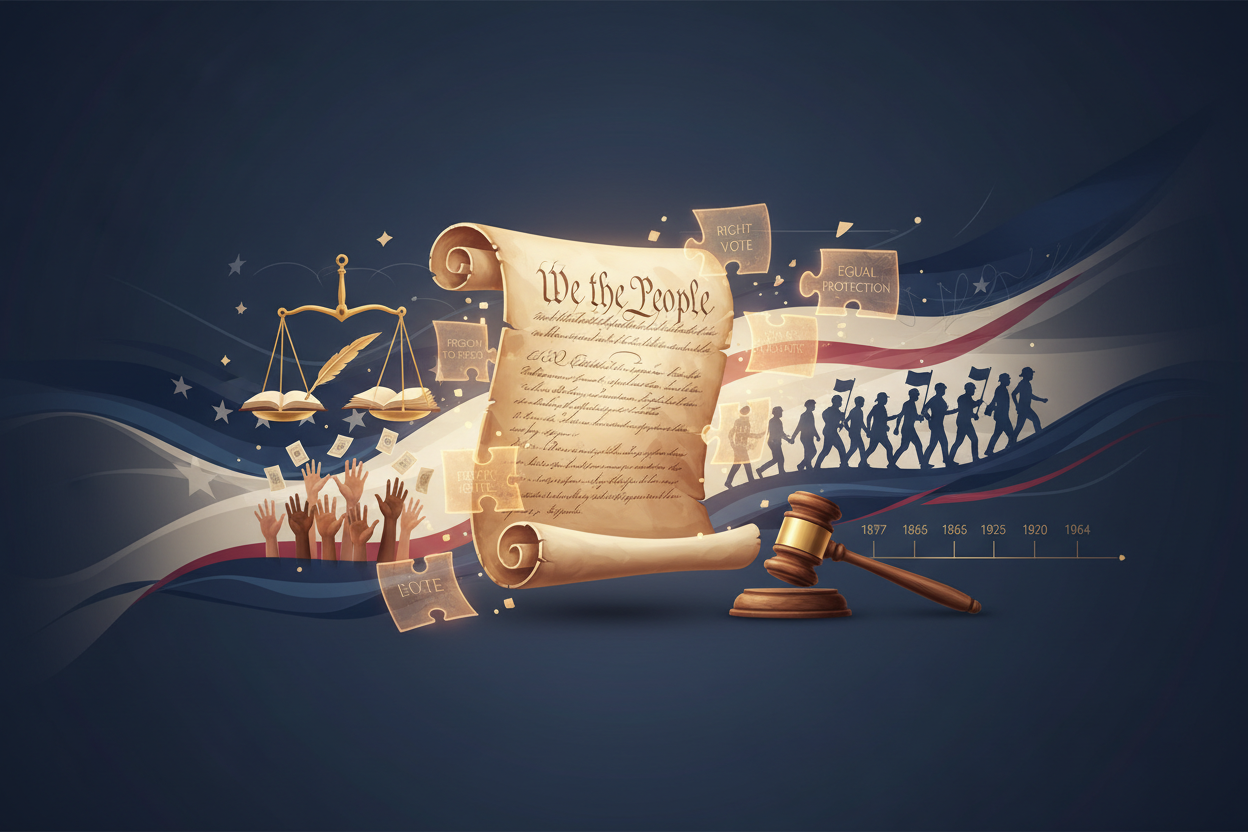American Mysteries: The Secret Societies of the Founding Fathers
America’s founding is shrouded in mystery and intrigue, with tales of secret societies at the heart of its revolutionary origins. The Founding Fathers, revered architects of the United States, are often associated with these clandestine groups. But what truth lies behind the legends? Join us as we explore the enigmatic world of the secret societies that influenced America’s birth. 🕵️♂️
Table of Contents
1. Introduction
2. The Freemasons: Brotherhood and Beliefs
3. The Illuminati: Fact or Fiction?
4. The Rosicrucians: Mystical Influence
5. Lesser-Known Societies and Their Impact
6. Conclusion
7. FAQs
The Freemasons: Brotherhood and Beliefs
When discussing secret societies in America, the Freemasons often come to mind first. With a history dating back to the Middle Ages, the Freemasons were known for their secretive rituals and influential members. Many of the Founding Fathers, including George Washington, Benjamin Franklin, and Paul Revere, were associated with this brotherhood. But what drew them to this society?
At its core, Freemasonry is built on principles of fraternity, charity, and truth. Members are encouraged to seek personal growth and enlightenment through symbolic rituals and allegorical lessons. It’s no surprise that these ideals resonated with the men who would go on to shape a new nation.
One of the most intriguing aspects of the Freemasons is their use of symbols. The all-seeing eye, the square and compasses, and the unfinished pyramid are just a few of the iconic images associated with the group. Many of these symbols have found their way into American iconography, sparking debates and conspiracy theories about their true meaning. 🏛️
The Illuminati: Fact or Fiction?
The Illuminati is perhaps the most infamous secret society, often depicted in popular culture as a shadowy organization controlling world events. But how much of this is based on reality, and how much is pure fiction?
The original Bavarian Illuminati was founded in 1776, coincidentally the same year as America’s Declaration of Independence. Its founder, Adam Weishaupt, sought to promote Enlightenment ideals and combat religious and political oppression. While the group was eventually disbanded, rumors of its existence persisted.
Some theories even suggest that Thomas Jefferson and other Founding Fathers were members of a revived American branch of the Illuminati. However, there’s little historical evidence to support these claims. Still, the allure of a secretive and powerful group pulling the strings behind the scenes continues to captivate the public imagination. 🔍
The Rosicrucians: Mystical Influence
While less well-known than the Freemasons or Illuminati, the Rosicrucians have left their own mark on American history. This mystical society, believed to have been founded in the early 17th century, combines elements of Hermeticism, alchemy, and Christian mysticism.
Some historians speculate that the Rosicrucians influenced key figures in early America, imparting their esoteric knowledge and philosophical teachings. The group’s emphasis on spiritual enlightenment and the pursuit of hidden knowledge would have appealed to the intellectual curiosity of the Founding Fathers.
The Rosicrucians’ legacy is less about direct influence and more about fostering a climate of intellectual exploration and open-mindedness, which played a crucial role in shaping the nation’s early character. ✨
Lesser-Known Societies and Their Impact
Beyond the well-known groups, several lesser-known secret societies have also left their mark on American history. The Society of the Cincinnati, for instance, was founded in 1783 by officers of the Continental Army. Although not a secret society in the traditional sense, its exclusive membership and elitist reputation led to suspicions of covert agendas.
Another intriguing group was the Order of the Knights of the Golden Circle, a pro-Southern society during the Civil War era. Although formed after the Founding Fathers’ time, its roots can be traced to earlier secretive traditions.
These societies, while not as famous as the Freemasons or the Illuminati, contributed to the complex tapestry of America’s past, influencing social and political dynamics in subtle ways. 🗝️
Conclusion
The secret societies associated with the Founding Fathers continue to fascinate us, offering a glimpse into the hidden narratives that shaped America’s origins. While some aspects are shrouded in myth and speculation, the impact of these groups on the nation’s history is undeniable.
Whether through promoting Enlightenment ideals, fostering intellectual curiosity, or simply adding an element of mystery, these societies played a role in the birth of a nation that values freedom, knowledge, and progress. As we continue to unearth the secrets of the past, we gain a deeper appreciation for the complex forces that have shaped our world. 🌟
FAQs
1. Were all the Founding Fathers part of secret societies?
Not all Founding Fathers were members of secret societies, but some, like George Washington and Benjamin Franklin, were known to be involved with the Freemasons and other groups.
2. Is the Illuminati still active today?
The original Bavarian Illuminati was disbanded in the late 18th century. Modern claims of its existence are largely based on conspiracy theories and lack historical evidence.
3. What is the significance of Masonic symbols in American culture?
Masonic symbols, such as the all-seeing eye and the square and compasses, are often associated with American iconography, including the Great Seal of the United States, sparking various interpretations and theories.
4. How did the Rosicrucians influence early American thought?
The Rosicrucians contributed to an intellectual climate that valued spiritual enlightenment and the pursuit of hidden knowledge, aligning with the Enlightenment ideals that influenced America’s formation.
5. Are there any active secret societies today that trace back to the Founding Fathers?
While some societies claim historical ties to the Founding Fathers, their influence and membership today are more symbolic and ceremonial than directly impactful on modern governance.




Leave a Reply
You must be logged in to post a comment.